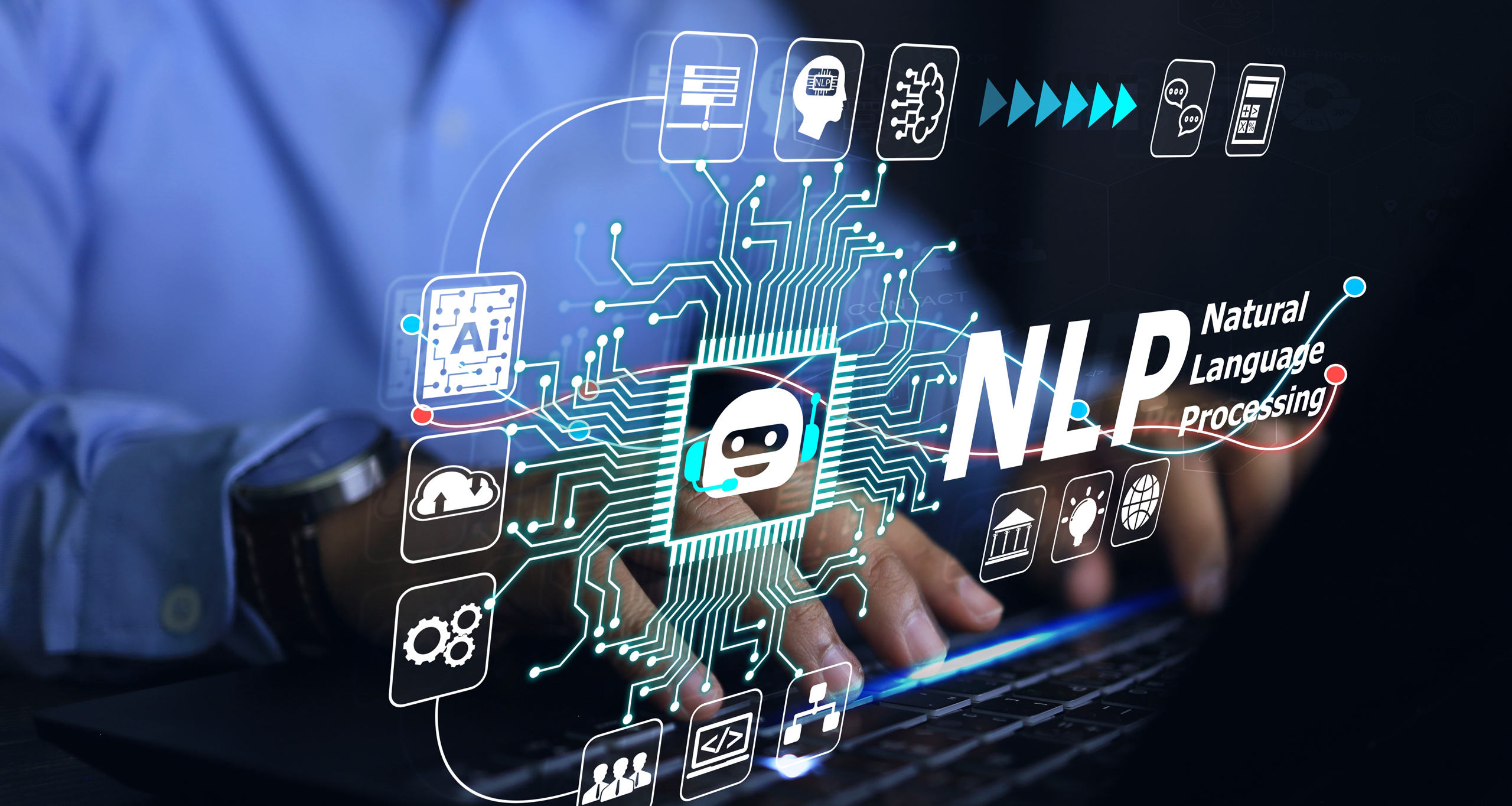Description of the workshop
This 10-hour NLP workshop introduces participants to key concepts and some practical skills in Natural Language Processing. The program includes theory, hands-on coding with a few NLP libraries, and covers text preprocessing, word vectors, language models, and performance metrics. It also incorporates a few real-world examples to prepare attendees to apply NLP techniques in their work.
Instructor Profile

Prof. Ramaseshan Ramachandran is a visiting professor at the Chennai Mathematical Institute (CMI), specializing in the field of natural language processing (NLP). He served as a venture leader at Cognizant Technologies, where he played a crucial role in leading and overseeing innovative projects related to NLP and artificial intelligence. He holds a Ph.D. in Computer Science from the prestigious Indian Institute of Technology Madras (IITM).
Modules of the Workshop : Day - 1
Module - 1 : Introduction to NLP
Concepts Covered :
Overview of NLP, its goals, and applications. Discussion on the importance of NLP in real-world scenarios. Activity: Identify NLP applications in day-to-day life.
Learning Outcomes :
Understand the basics of NLP and its impact on various domains.
Module - 2 : Counting and Empirical Laws
Concepts Covered :
Introduction to Zipf's and Heap’s law in text data. Hands-on: Calculate word frequency and visualize empirical relationships using Python.
Learning Outcomes :
Learn how text data follows empirical laws and analyze word frequency distributions.
Module - 3 : Word Representation Using a Vector
Concepts Covered :
Overview of word representation techniques (e.g., one-hot encoding, TF-IDF, embeddings). Hands-on: Implement TF-IDF on a small dataset.
Learning Outcomes :
Gain knowledge of vector-based word representation techniques and their applications.
Module - 4 : Feature Extraction Using n-Grams
Concepts Covered :
Introduction to n-grams and their role in capturing contextual information. Hands-on: Generate and analyze n-gram features using Python.
Learning Outcomes :
Learn to extract features from text data using n-grams and understand their importance in NLP tasks.
Module - 5 : Finding Word Vectors: Artificial Neural Network Approach
Concepts Covered :
Basics of word2vec (CBOW and skip-gram models). Hands-on: Train a word2vec model using Gensim or TensorFlow.
Learning Outcomes :
Understand and implement neural-based word vectorization methods like word2vec.
Module - 6 : Language Generation
Concepts Covered :
Basics of text generation using probabilistic models. Demo: Generate text using n-gram-based methods.
Learning Outcomes :
Explore the concept of generating coherent text using probabilistic language models.
Modules of the Workshop : Day - 2
Module - 1 : Probabilistic Language Models Using N-Grams
Concepts Covered :
Introduction to n-gram language models, smoothing techniques, and their limitations. Hands-on: Implement an n-gram-based language model in Python.
Learning Outcomes :
Understand probabilistic approaches to language modeling and their application in text prediction.
Module - 2 : Introduction to Neural Language Models
Concepts Covered :
Basics of feedforward neural networks and RNNs in NLP. Comparison between probabilistic and neural models.
Learning Outcomes :
Learn the foundational concepts of neural models for language tasks.
Module - 3 : Language Translation
Concepts Covered :
Introduction to sequence-to-sequence models and their application in translation.
Learning Outcomes :
Learn about the mechanisms of language translation using neural.
Module - 4 : Transformers
Concepts Covered :
Introduction to the Transformer architecture and its significance.
Learning Outcomes :
Understand the architecture and applications of Transformer models.
Module - 5 : Named Entity Recognition (NER)
Concepts Covered :
Basics of extracting named entities from text (e.g., names, dates).Hands-on: Implement NER using NLTK or a pretrained model.
Learning Outcomes :
Understand the fundamentals of entity extraction and apply them to real-world datasets.
Module - 6 : Spam Detection
Concepts Covered :
Introduction to Bayesian classification for spam detection. Hands-on: Build and evaluate a Naive Bayes spam classifier using a dataset.
Learning Outcomes :
Learn to design and implement a probabilistic text classification system for spam detection.
Module - 7 : Introduction to Chatbots
Concepts Covered :
Overview of conversational AI and chatbot systems. Discussion on rule-based vs. AI-powered chatbots.
Learning Outcomes :
Understand the principles of conversational AI and basic chatbot implementation.
Module - 8 : Discussion and Future Directions
Concepts Covered :
Discuss recent advancements like GPT and BERT, ethics in NLP, and potential career opportunities. Interactive Q&A session.
Learning Outcomes :
Gain insight into cutting-edge NLP advancements and future trends.
Session Details
Dates of the Workshop : 15th & 16th February, 2025
Mode of the Workshop : Online
Timings (on both the days)
Session 1 : 10:00 a.m. - 01:00 p.m.
Session 2 : 02:00p.m. - 04:00 p.m.
Intended Audience & Eligibility
Intended Audience:
Those who have finished MLF, MLT and MLP.
Eligibility :
Participants having following skillset
- Probability
- Linear algebra
- Calculus
- Machine learning
- Python programming
Certification Criteria
Assignment Score and Attendance will be considered for certification.



Reviews
There are no reviews yet.